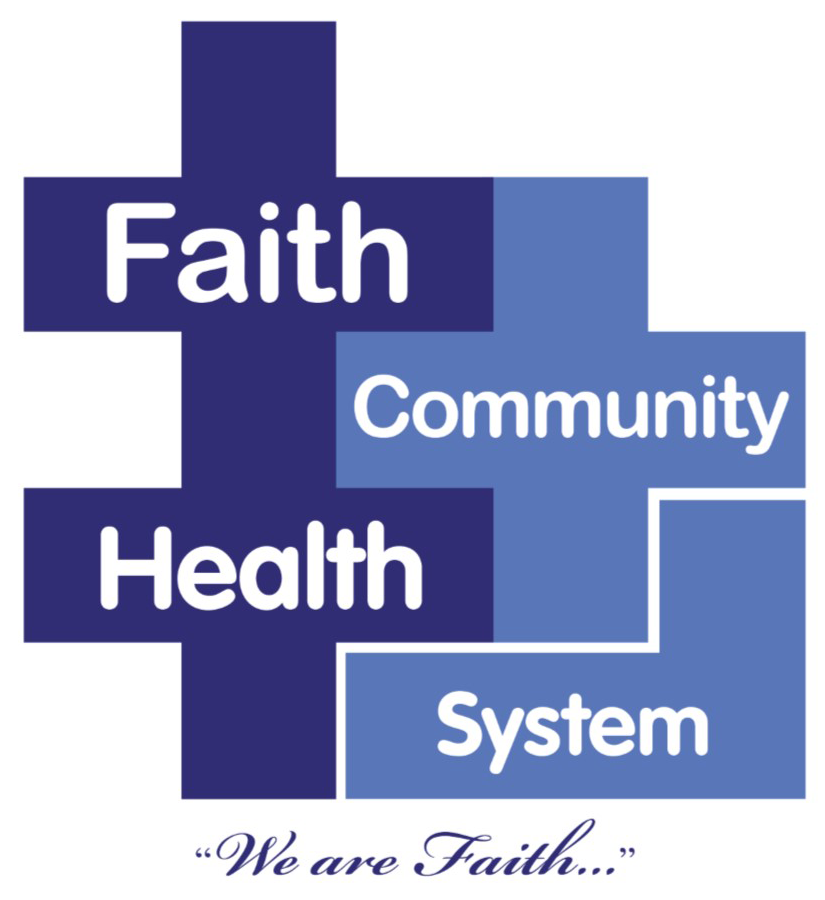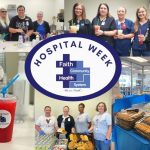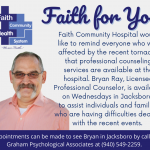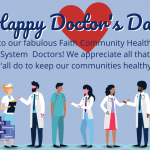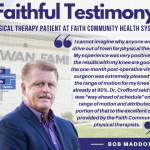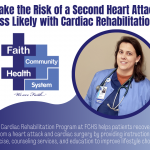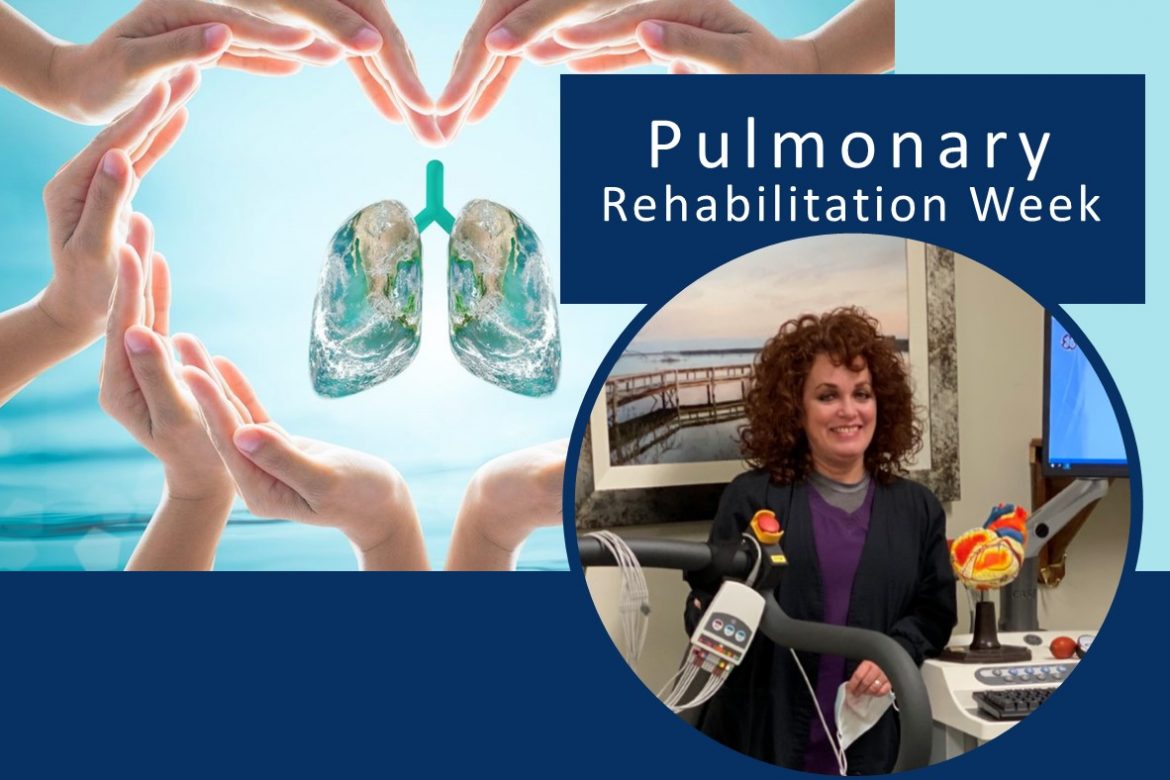
Comprehensive program helps area residents with cardiopulmonary conditions breathe easier.
Pulmonary Rehabilitation Week is celebrated annually, beginning on the second Sunday in March. The awareness campaign’s goal is to educate individuals about pulmonary rehabilitation’s role in enhancing the quality of life for those with lung disease. This year, Pulmonary Rehabilitation Week is observed March 14-20.
Individuals who have suffered from chronic lung disease know all too well how the simplest tasks can be quite challenging. With COVID-19, some people can experience lasting lung damage and breathing difficulties. When it comes to breathing efficiency, pulmonary rehabilitation at Faith Community Health System (FCHS) can help patients of all ages breathe easier.
Pulmonary rehabilitation is a medical program where a team of specialists works directly with each patient to develop a customized therapy plan consisting of exercise and education – all designed to help you rebuild and maintain lung function to breathe efficiently.
Your primary care provider might recommend pulmonary rehabilitation if you are experiencing chronic breathing difficulties because of some medical conditions, including chronic obstructive pulmonary disease (COPD), such as emphysema or chronic bronchitis; interstitial lung disease, such as sarcoidosis and idiopathic pulmonary fibrosis; and cystic fibrosis.
When it comes to COVID-19, some individuals can have trouble breathing because of the infection. Often, the virus causes damage to the walls and linings of the air sacs in your lungs. Those who have recovered from coronavirus can still have lingering breathing challenges months later.
Your primary care might also recommend pulmonary therapy following lung surgery to help you recover faster and more efficiently.
When you begin pulmonary therapy, rehab specialists will first begin by generating baseline statistics on how well you can breathe through a series of lung function tests. This process examines how much air you breathe and how efficiently your lungs deliver oxygen to your blood.
In addition to examining your physical abilities, the rehab team might also record other measurements through a blood screening, mental health, exercise schedule, and general nutrition.
Thorough documentation of your performance throughout the program allows healthcare professions to understand better your lungs’ strength along the journey to breathing efficiency.
There are many components to a comprehensive pulmonary rehabilitation program. Based on your condition and a custom recovery plan, a program may include exercise training, nutritional counseling, and education on lung function and breathing strategies.
Throughout the program, your progress will be monitored and compared to your baseline stats. The data gathered at the end of your prescribed treatment plan will determine how you have improved and the next steps.
Pulmonary rehabilitation is not a cure for lung disease and may not wholly relieve one’s breathing difficulties. Instead, the program is designed to help patients breathe more comfortably, reduce pain, and improve quality of life.
A primary care’s referral is required to begin pulmonary therapy. Medicare and most Insurances cover the cost of the program.
For more information, talk with your doctor to see if pulmonary therapy is right for you, or call FCHS cardiopulmonary rehabilitation department at 940-216-2258.
